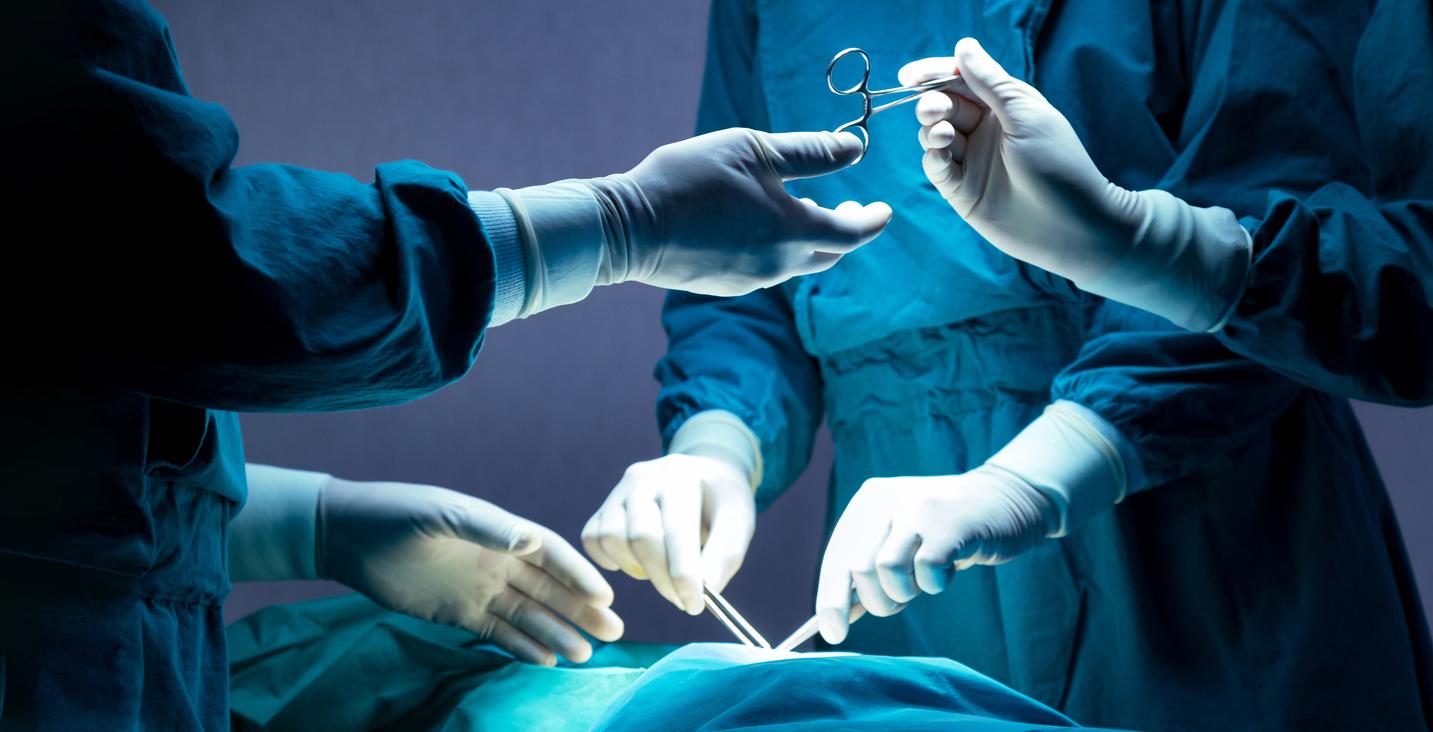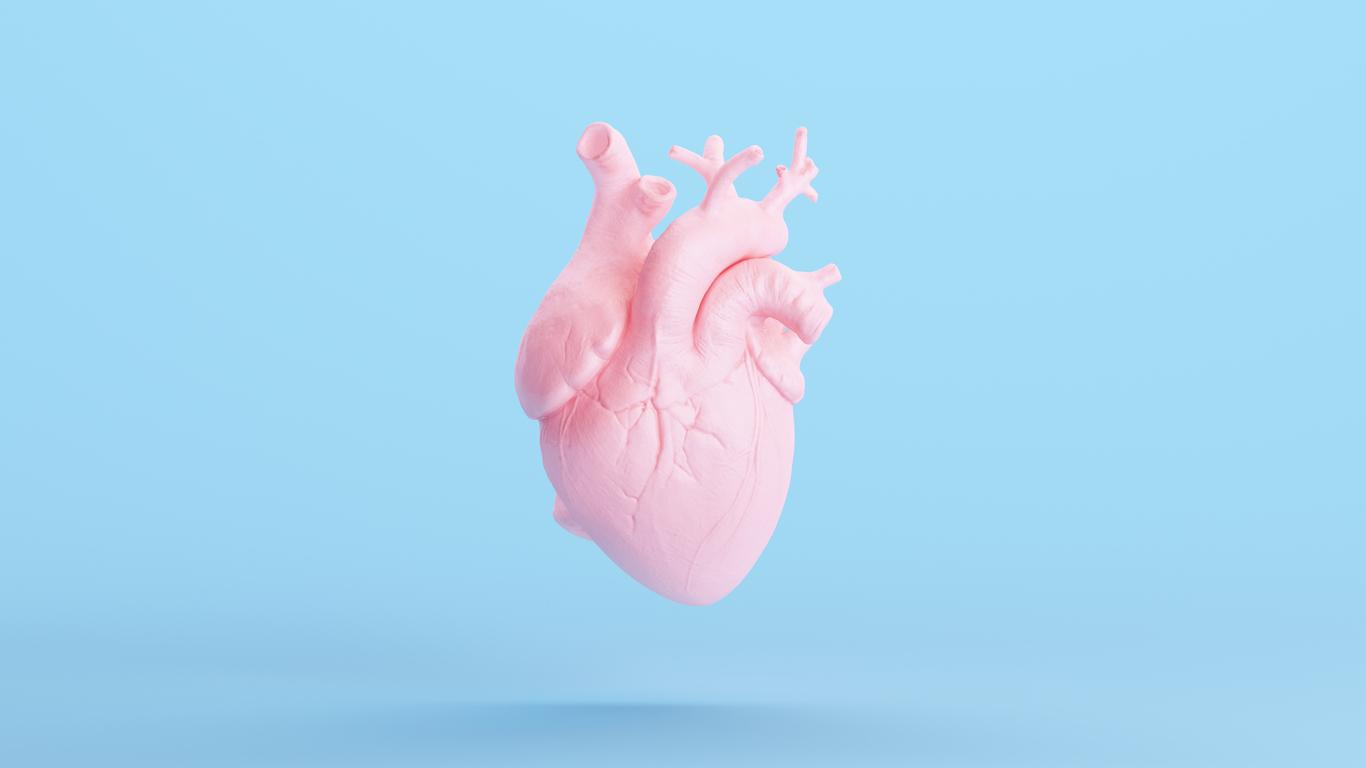Bypass heart surgery is a procedure that creates a new blood supply channel for the heart muscle.
The heart is a contracting muscle that pumps oxygenated and nutrient-rich blood to the cells of the body. In order to function, the heart itself also needs these life-sustaining nutrients. The heart receives blood through the coronary arteries. The coronary arteries include the heart muscle.
The coronary arteries supply the heart, but if they are narrowed or blocked by a fatty deposit, plaque called, the supply of blood and nutrients to certain parts of the heart can be reduced or even stopped altogether. When this happens, cells in that area of the heart die and the heart no longer gets the amounts of oxygen and nutrients it needs to function. Exercise and healthy eating are critical to heart disease prevention. Sometimes, however, surgery is required to repair damage caused by heart disease.
Bypass heart surgery is a transplant procedure in which a piece of vein or artery is removed from one of the legs. That piece is attached to the aorta attached to create a new supply channel to the heart that bypasses the blockage in the affected arterial part.
This operation can bring several complications, which should be discussed with the doctor before the operation.

















